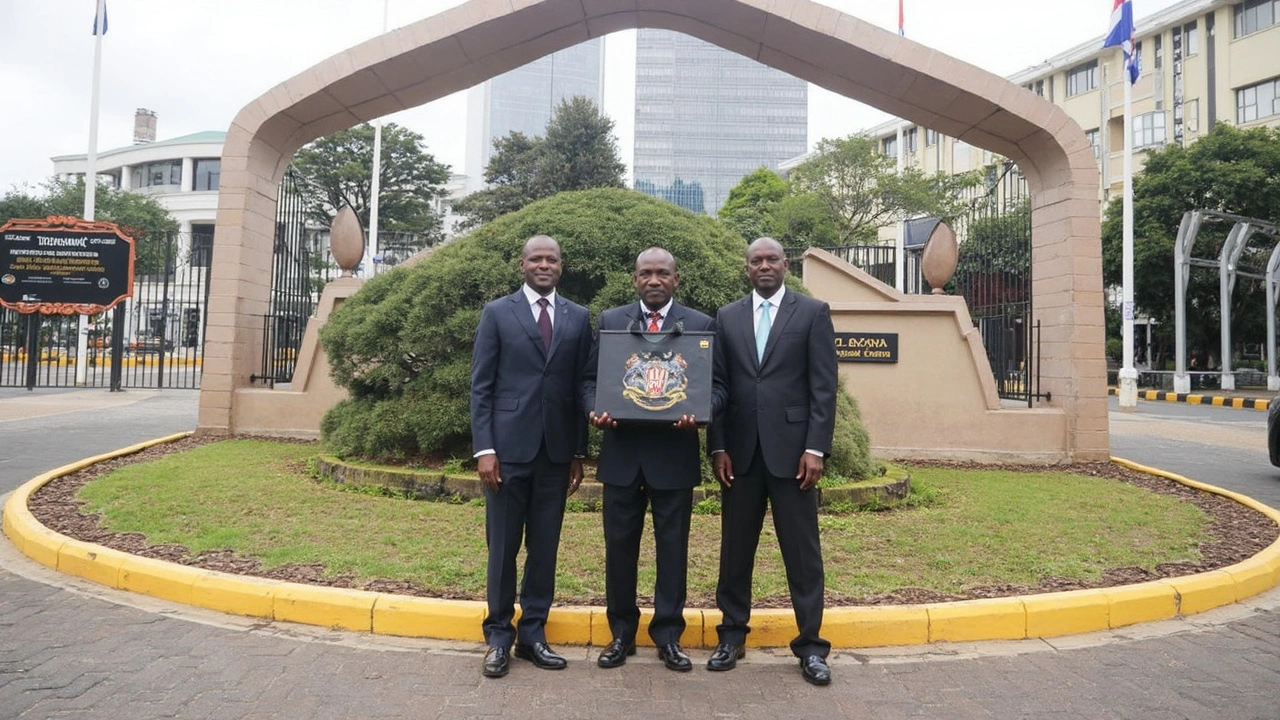All You Need to Know About Medical Interns
Medical interns are fresh graduates stepping into the practical world of healthcare. Their internship period is crucial as it bridges the gap between studying medicine and working independently. But what does this phase really look like, and why is it so demanding?
During internships, these young doctors rotate through various specialties like surgery, internal medicine, and pediatrics. This hands-on experience helps them build the skills to handle real patient cases. It’s their chance to adapt textbook knowledge to unpredictable, real-life situations under the watchful eyes of experienced doctors.
The Challenges Medical Interns Face
Internships are a tough stretch that tests endurance. Long hours, night shifts, and high-pressure environments are common hurdles. Many interns also face the stress of decision-making with limited experience, which can be overwhelming. Support from mentors and colleagues is vital for their growth and confidence.
Besides clinical duties, medical interns juggle paperwork, attend lectures, and prepare for exams. This workload can feel intense, but it’s all part of shaping competent professionals ready for independent practice. Their well-being often depends on how their training programs balance workload and support.
Why Medical Interns Matter to Healthcare
Though still learning, interns are front-line helpers in hospitals. They assist with daily care, contribute to patient monitoring, and enhance the healthcare team’s capacity. Their fresh perspective and eagerness often bring energy and innovation to healthcare settings.
Understanding medical interns’ role helps patients appreciate the care process more deeply. It also highlights the need for continued improvements in medical training programs to ensure quality patient care and a healthy start for future doctors.
Interested in more local health updates or stories about the medical field in Cape Town? Keep following Cape Town Daily Buzz for the latest news and in-depth features.
Kenya's 2025/26 Budget Puts Healthcare Front and Center as Education and Sports Face Cuts
Kenya's new budget directs a record Sh138.1 billion to healthcare, stepping up investment in primary care and addressing intern and staff concerns, but trims funding for education and sports. The military secures a Sh13 billion boost, signaling a stark shift in national priorities as the Treasury balances rising healthcare needs with growing security expenditures.

